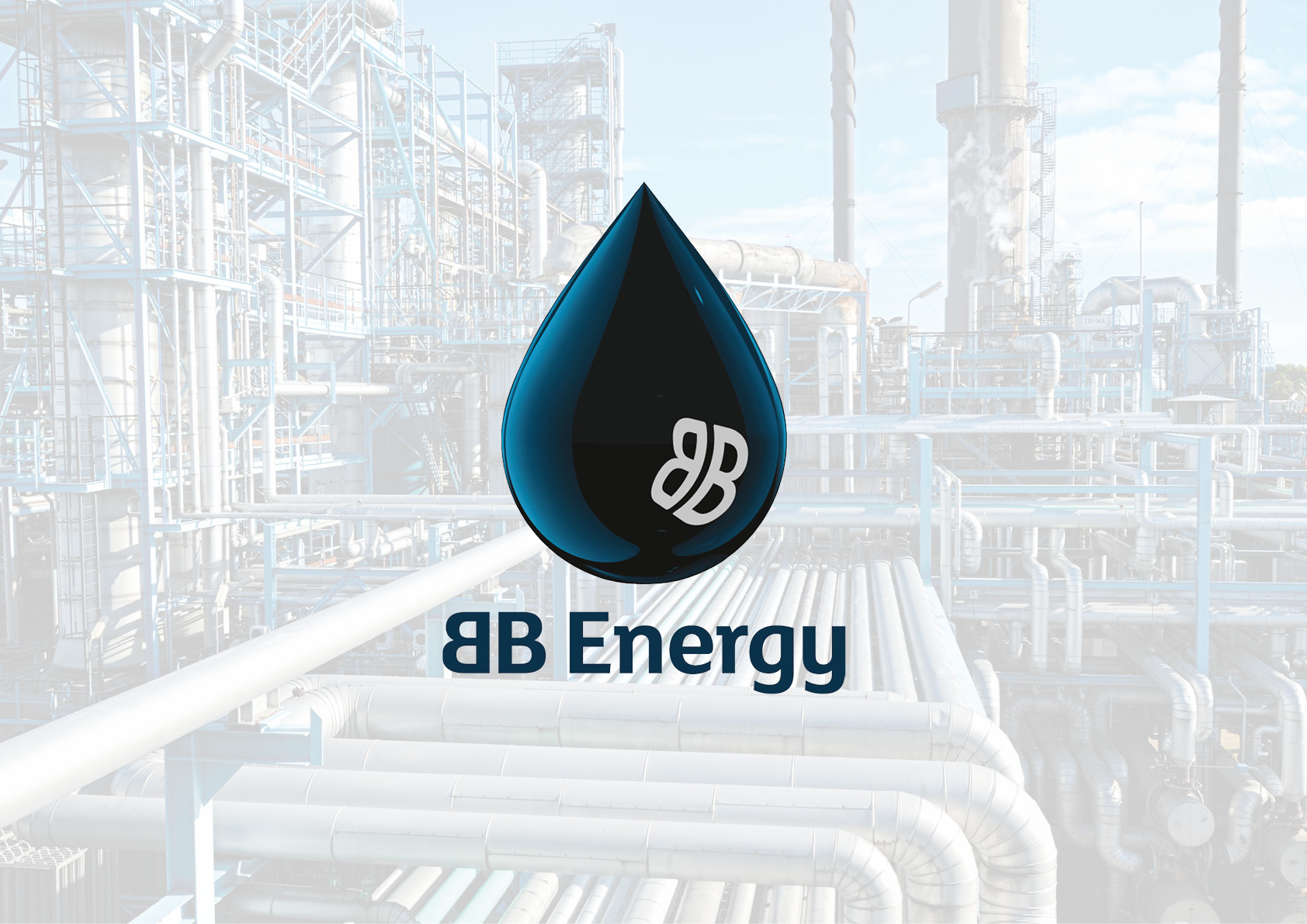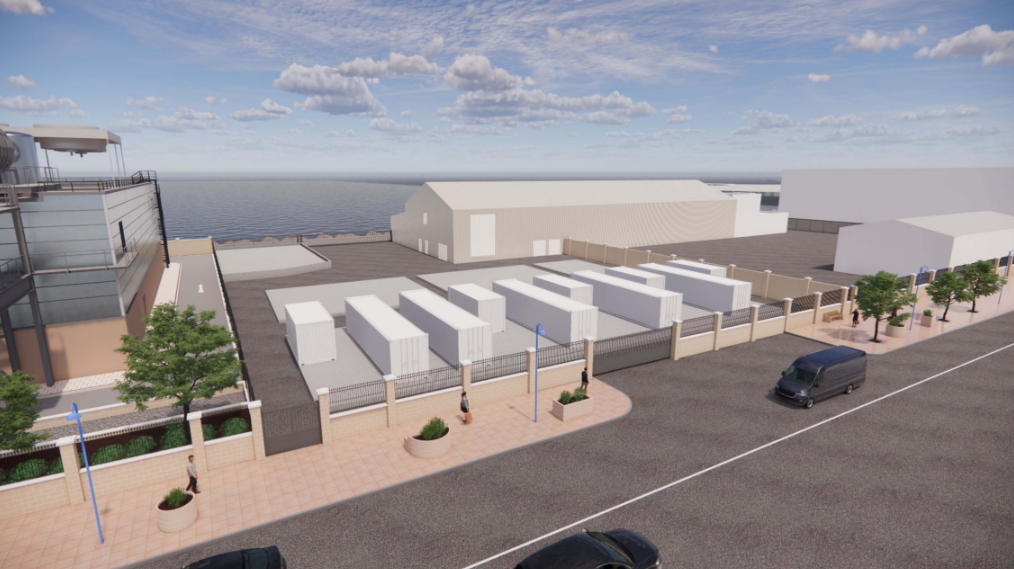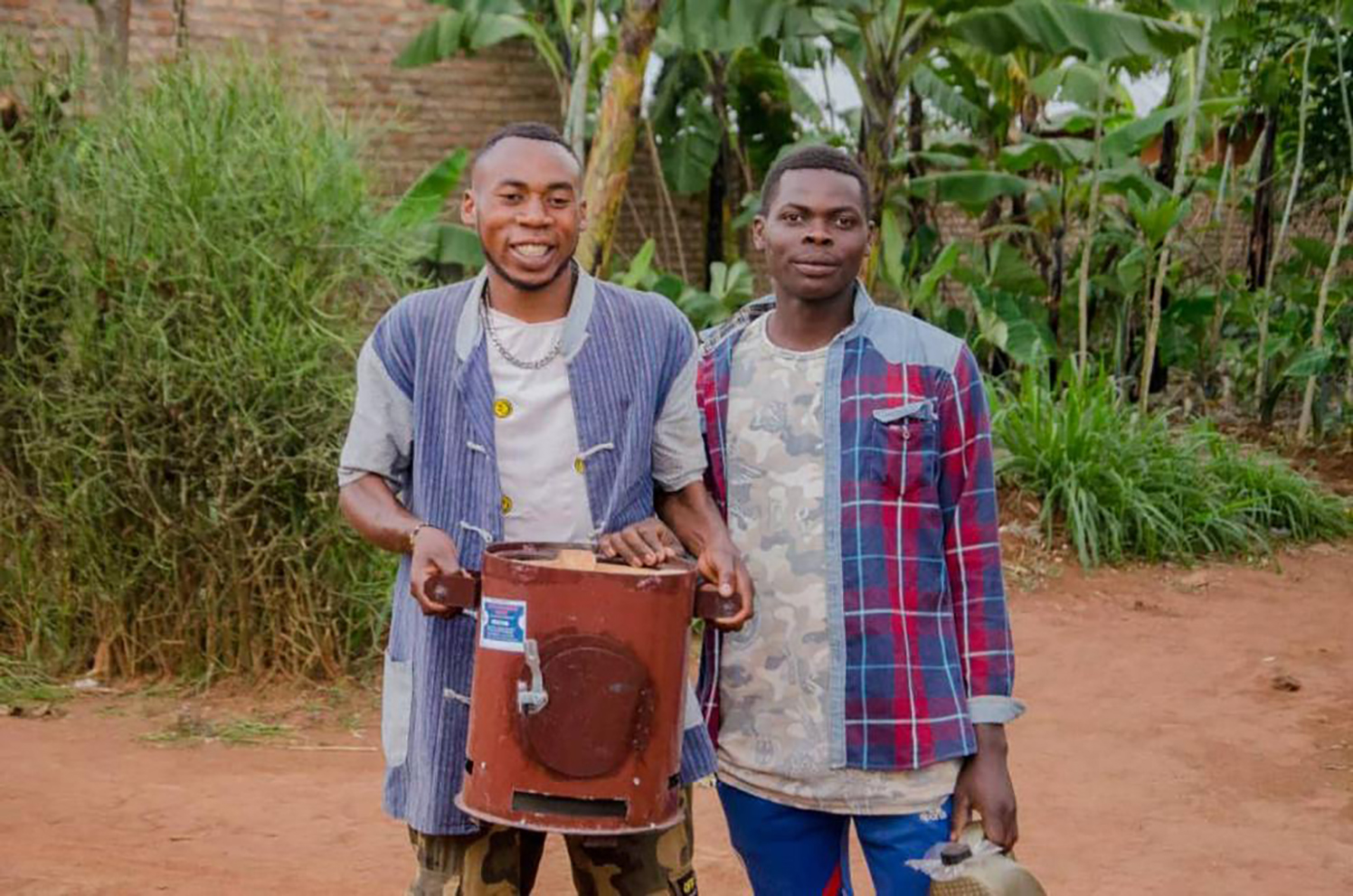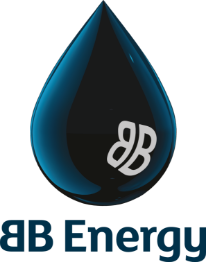News
BB Energy adapts to change
This article was conducted by and first published in Petroleum Economist in March 2019
BB Energy 5 March 2019
Family-owned independent trading house BB Energy is one of the firms grappling with the changing oil trading environment and the squeeze on the middlemen as both traditional buyers and sellers grow in sophistication.
But the company is not fazed by the tougher conditions, says its managing director in the Middle East, Khaled Bassatne. It is altering its business model for a changing market, and banking strongly on the strength of its relationships.
The firm has expanded from its Lebanese roots to offices in London and Athens, then into Singapore, the US and the Middle East, which is now “core” to the business. It has as many as 14 offices globally, as well as satellite operations in smaller markets. “We are hopefully a growing business,” says Bassatne. “We always have to adapt to new market environments.”
Petroleum Economist sat down with Bassatne in the firm’s Dubai office in February.
PE: How are you seeing Middle East crude trading? Some of the recent Dubai-Brent spreads seem to have surprised the market somewhat.
KB: Liquidity is fairly good. Obviously, you have a lot of supply in the region. As for the spreads, that is the volatility that changing supply and demand factors create. And when you have volatility and the spreads go wider and contract, this will create the arbitrages to put oil into a different market or replace one grade with another.
PE: Crudes going into different locations has obviously become more important as US exports have created a ripple effect across west Africa and into the Middle East.
KB: That has created opportunities. Middle East crudes traditionally have their pricing formulae-some for going west, others to go to Asia. Since the US crude started to enter the international market, they have needed to find a home. Of course, the bulk of the demand is in Asia, so these volumes have started to compete with the usual crude trading patterns. This has led to discounts on certain grades to be able to place them, and this creates more arbitrage opportunities for traders.
PE: But have these changes in the Asian crude market in particular made it more challenging?
KB: Yes, in a way. It is more difficult because refiners and other final customers for crude have become more open to the international markets and are trying to source their own crude, rather than have someone else bring them the material. And, on the other side, some of the producers have also started to trade themselves. That creates a difficult environment for traders like us.
PE: How do you go about meeting those challenges?
KB: The whole trading environment has changed. You cannot be just a pure trader any more, lifting cargoes for, let us say, Bahrain, putting it on a ship and selling it to “x”, this model is now almost non-existent. In the old days, if BB Energy was the main lifter of the cargo, we might sell it to “x”, “x” would sell it to “y”, “y” would sell it to “z”, and “z” would deliver it to its final destination. Today, that chain does not exist. It has been reduced dramatically and the hand of the trader in the chain has been greatly reduced.
You have to build a system to be able to trade. Basically, you supply your system and you optimise to others based on your system.
PE: Tell us more about BB Energy’s efforts in this area?
KB: As I said, trading is no longer the same as it was in the old days, so, for the last few years, we have been capitalising on trading around our assets. We have branched out into Turkey, where we bought a small fuel distribution firm and have grown it by 500pc. We have a focus on expansion in Africa, where we have recently acquired a majority stake in fuel distributor Société Petroliere in Rwanda. And we have plans to grow into Kenya, into Tanzania and even as far as DR Congo. We are also engaged in trading internally in Africa.
PE: And you are also expanding in LPG?
KB: Again, we have made investments in LPG in southeast Asia across the whole value chain, not just supply and trading, but also storage and the distribution of gas cylinders. We are looking at replicating the model in Africa, we are talking very seriously about that. It is also similar in bitumen; again, we are not just traders, we have invested in our own ships.
PE: Is Africa your biggest opportunity for growth, or will it remain niche compared to larger developing markets such as south Asia?
KB: Africa is, for us, definitely the next opportunity. Most of the rest of the markets are already saturated, Africa is where we see the growth going forward.
PE: It is not renowned as the easiest place to do business.
KB: No, that is why having the right people is important. Our model is that we are not coming to take anyone’s place and take away anyone’s business. We are coming to grow together, that is the approach, because we do not think anyone will be able to compete in those markets as an independent. You will always be a foreigner in any particular country. So, if you come in and join hands with the right partners, they will have the know-how and understand much better the people and the mentality. That will give you an advantage compared to coming in as a new entrant starting from scratch.
PE: For a trader, what challenges do the impending implementation of IMO 2020 pose for your business?
KB: It is the biggest challenge on the horizon, but with every challenge there is an opportunity; it depends on how you look at it. For example, it will create blending opportunities. Currently, in the Middle East, production of low-sulphur fuel oil is almost non-existent; the only people who might be able to produce it are the Kuwaitis at their new refinery. Most of the other producers, the Saudis, UAE, Bahrain, are outputting high-sulphur fuel oil.
But the bulk of the production is here, and there is an opportunity to use diesel to bring the sulphur levels down from 3.5pc to 0.5pc. There should be opportunities for tankage, it could certainly open the door for investments in new projects on tankage and on blending components.
PE: The Gulf is traditionally long on gasoil, so the region could have a competitive advantage, depending, as you say, on investments in infrastructure and, ultimately, on price?
KB: When you want to do the blending, on the economics of it, the high-sulphur fuel oil is available in the Gulf and the products that you need to blend it with and correct the specs are also available. Both are available in the same region. Logically, the blending should be taking place here and it should be much more competitive, rather than, for example, in Singapore. In Singapore, there are products, but most of the fuel oil is imported, and that has to be a consideration economically.
At the same time, though, high-sulphur fuel oil will have to be heavily discounted, because it will be more difficult to place. And that could open other opportunities for blending not in the Gulf, but in close regional markets. So, it may not just be concentrated in this one area.
PE: As a significant bitumen player, you must be looking at the impact of IMO 2020 not just on fuel oil and middle distillates, but also on the very bottom of the barrel?
KB: Yes, one of the issues is going to be that all refineries getting upgrades are trying to eliminate or minimise their bottom-of-the-barrel output. So, you will not find as much bitumen production as you do today. But even that will create its own arbitrage opportunities.
PE: While LNG is obviously different to oil, it is another difficult market to enter, given the concentration of production and long-standing buyer-seller links. How is an independent trading house trying to break into that market?
KB: It is very difficult for us, as a smaller trading house, to compete with the big boys. LNG supply is usually in the hands of the Shells or the BPs, the majors. You also have the Trafiguras, the Vitols, they have grown large portfolios. We are trying to go step-by-step. We cannot disqualify ourselves from LNG because the future is gas; we have to cement our presence and footprint in the LNG market.
We have managed to go from doing one-to-two cargoes to having term cargoes, because LNG is still mainly done on a long-term, rather than short-term basis. But things are changing in LNG. You do not see many of the 15- or 20-year contracts any more, you are seeing it move to five or 10 years and I think it is going to come down further.
Liquidity is still limited. We saw that when we tried to hedge volumes, whether it was JKM or NBP. While NBP is currently more liquid than JKM, because the largest consumption is in the east, I think we will see significant improvements in JKM liquidity.
PE: In short, you still see a role for a smaller trading house in the global markets?
KB: I think there is. There are still niches where the big boys cannot go. Opportunities are always there, be they in the Middle East, in Africa or wherever. For me, the main thing is the relationships. In smaller companies, you have more of a personal relationship, compared to in a big NOC. In the larger companies, the majors and NOCs, normally the turnover of people is high. But, in small companies, you see the same faces for 15 years, 20 years, even 40 years. That is a real asset. And, of course, there is also risk. Large NOCs will often not take the risks that smaller trading companies might take on.
This article was conducted by and first published in Petroleum Economist in March 2019
Media Contacts
Karim Bassatne
Head of Corporate Communications
T: +971 4 432 8300
E: corporatecommunications@bbenergy.com
You might also like...

Video
BB Energy Foundation Round Table
Read more
18 October 2024

News
Solarcentury Africa Achieves Financial Close on a 14 MWh Battery Energy Storage Project in Gibraltar
The project has reached financial close with funding being provided by Solarcentury Africa, supported by its shareholder BB Energy, and the Government of Gibraltar
Read more
21 May 2024

Case Studies
Rwanda Improved Cookstove Initiative
BB Energy's flagship Improved Cookstove (ICS) initiative was launched in Rwanda in 2022. The aim is to distribute 500,000 efficient woodfire cookstoves to rural communities in the various Provinces of Rwanda.
Read more
20 May 2024
